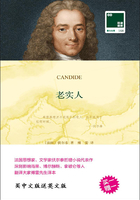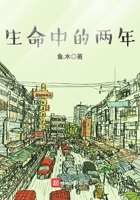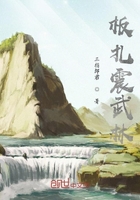When Sun Tzu reached the age of 18, an incident occurred which would alter the entire course of his life. His uncle Tian Rangju, the Da Sima of the Qi State (a position that would effectively equate to that of Board of Defense in today’s world), lost his eminent position as a result of intrigues and power struggles and died of a subsequent illness. Inevitably Sun Tzu and his grandfather were affected by the fallout from Tian Rangju’s fall from power.
In 517 BC, Sun Tzu, not yet 20 years old, was forced to leave his home. He chose to move to another militarily strong state, the State of Wu, in the southern lands of China. Turning his eyes one last time to gaze on his homeland, the young Sun Tzu must surely have recalled the joyful days spent with his family. What feelings of longing and regret must have crept over the young man as he embarked on an uncertain future accompanied only by his own shadow? The happiness and peace Sun Tzu had known in Le’an would fade forever into the bleak lakes and mountains of the lands of the State of Qi.
The distinctive, melodious music for voices known by the locals as Pingtan is very popular in the southern lands of the Yangtze River. A tribe known as the Jingman lived in that area around 3,000 years ago, during the Western Zhou Dynasty (11th century BC-771 BC). It is a land of sunshine and abundant rain. In later times, two uncles of Zhou Wenwang came to the area and made an enormous impact on the development of the Jingman, introducing better strains of seed and new farming techniques from the Central Plains. The two men understandably won the allegiance and support of the original inhabitants and thus became the leaders of what would become the State of Wu, but which then had only slightly over 1,000 people. Centuries later by 584 BC, Shoumeng, the 19th king of the Wu State led his troops across the Yangtze River for the first time in battle. The army conquered the Tan State in what is now part of Shandong Province. Though the Tan State was a relatively minor territory, this military expedition of an army from south of the Yangtze River was nevertheless a profound shock to the system for the states of the Central Plains, who had till then always regarded their lands as the centre of the universe. By the late Spring and Autumn Period (770 BC-476 BC), boasting a sizable territory, a powerful army and abundant natural resources, the State of Wu had become a considerable military power in the land.
It was about this time, 526 BC, that Sun Tzu first trod upon the lands of the Wu State, around what is modern day Suzhou. A power struggle, which would be directly relevant to Sun’s future career, was then in progress. Prince Guang, who had long coveted the crown, failed in his bid to seize the kingship following the death of the previous king, Yimei. The kingship passed to Guang’s uncle Liao.
The ambitious prince was not to be denied however. Ten years later he entrusted one of his warriors Zhuanzhu with the sacred task of assassinating the king. Zhuanzhu managed to become one of the king’s servants and came up with a remarkable plan to successfully accomplish his mission. At that time servants had to be naked when bringing food to the king’s table so Zhuanzhu ingeniously hid his dagger in the belly of a fish, which was being brought to the table as part of a royal feast. As soon as the dish was brought to the king, Zhuanzhu ripped the dagger from the fish’s body and plunged it violently into the king’s back. Zhuanzhu was immediately hacked to pieces by the king’s bodyguards, but he had fulfilled his mission.
Prince Guang had finally become the king of the State of Wu, adopting the ceremonial name He Lü. He took care to honour Zhuangzhu’s widow and mother, receiving them respectfully in his capital, the modern day city of Suzhou. The assassin’s fame lives on in the name of Zhuanzhu Alley, so named because his family lived there, and in the naming of a type of dagger, the Fish Intestine Dagger, in recognition of the ingenuity of Zhuangzhu’s assassination. The new king He Lü was to exert a powerful influence on the destiny of the young man recently arrived from the State of Qi.















